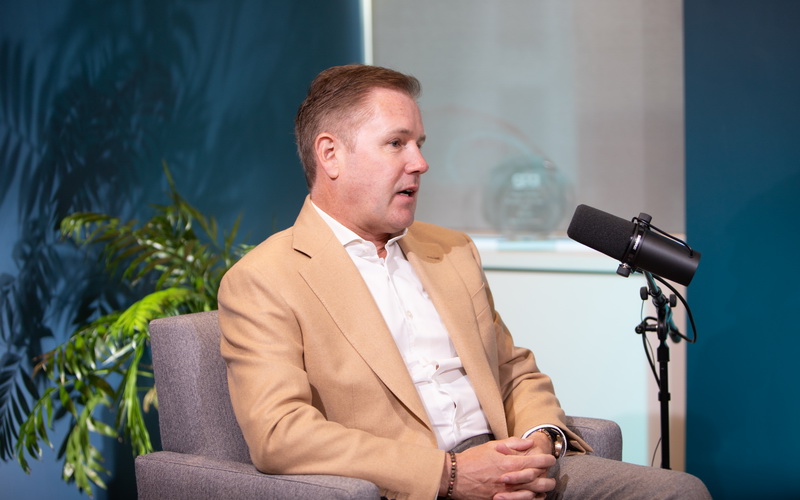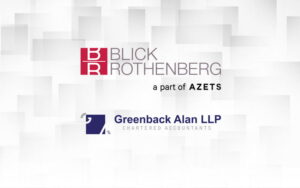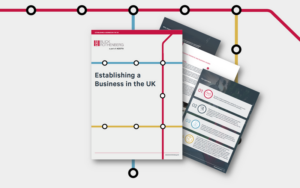Interest for not paying HMRC on time is now 7.75%
Taxpayers need to pay what they owe and file before the deadline
Pay any tax you owe to HMRC by January 31st or receive increased interest charges and penalties, which can quickly ramp up
Chris Boulet, Tax Partner says
If any tax due by 31 January 2025 is not paid in time, HMRC will charge interest.
This is currently at a rate of 7.75% per annum, from the due date to the date of payment. In addition, a 5% penalty will be charged if the 2023/24 balancing payment is not paid within 30 days of the due date, with an additional 5% penalty charged if the tax remains outstanding after 6 months and 12 months.
Penalties can also rack up quickly and it’s important that taxpayers file their returns and pay their tax by the deadline or as soon as possible afterwards. In previous years, interest may not have been that much of a concern. However, the interest charged by HMRC has been steadily rising to the current 7.75%, almost three times higher than in February 2022 when it was only 2.75%.
This high rate of interest can quickly become a painful additional cost. At the very least, taxpayers should consider making an estimated payment by 31 January to reduce interest charges, even if they cannot file their completed return on time.
But what happens if you miss the deadline for their 2023/24 Self-Assessment Tax Return and files late? Firstly, if your tax return is filed after midnight on 31 January a £100 late filing penalty will be charged regardless of whether any tax is due. If the tax return is still outstanding after 3 months (30 April 2025) £10 daily penalties will start to be charged, up to a maximum of £900.
If your tax return remains outstanding after 6 months, a tax geared penalty will be charged at a rate of £300, or 5% of your overall tax liability, if that is higher. If your return is over 12 months late, another £300 (or 5% of the overall tax liability if greater) penalty will be charged.
It is possible to appeal a late filing penalty if you have what HMRC consider to be a ‘reasonable’ excuse for filing late. The rules are quite strict, and some examples of what HMRC may consider a reasonable excuse include:
- your partner or another close relative died shortly before the tax return or payment deadline
- you had an unexpected stay in hospital that prevented you from dealing with your tax affairs
- you had a serious or life-threatening illness
- your computer or software failed just before or while you were preparing your online return
- a service issues with HMRC’s online services
- a fire, flood or theft prevented you from completing your tax return.”
However it is far more difficult to appeal an interest charge. The rates are set to encourage timely payments and linked to the Bank of England (BOE) base rate. Late payment interest, is set at base plus 2.5% whereas repayment interest is set at 1% behind the BOE base rate. Interest paid is not tax deductible, but interest received is tax-free.
Chris said:
If taxpayers are really struggling to pay their tax bill, they should call HMRC and request a Time to Pay arrangement. Such arrangements are specific to each taxpayer and will depend on your own individual position as to whether HMRC agree to a Time to Pay and, if they do agree, what the terms will be.
Would you like to know more?
If you would like to discuss any of the above, please speak to your usual Blick Rothenberg contact or Chris Boulet using the form below.
Contact Chris

You may also be interested in

What is the impact with property VAT when developers’ plans change?

Contractors and subcontractors in the UK construction sector must understand the Construction Industry Scheme











